New Era American
David Noel
Teacher, Artist
Huntington, West Virginia
The Inverted Culture War
May 29, 2023
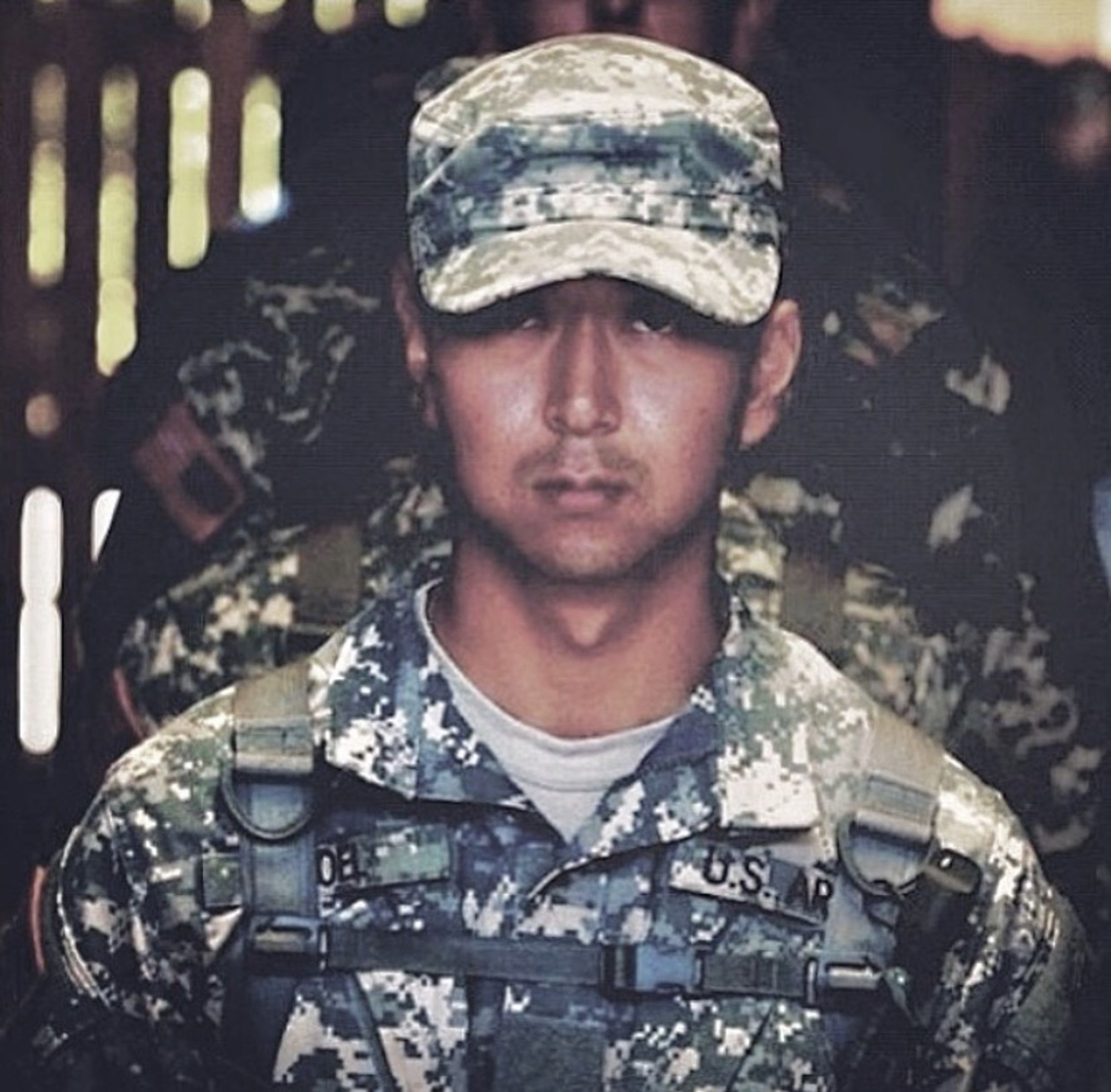
Origins
Tell me about yourself.
I grew up and live in Huntington, West Virginia. I'm a Korean adoptee and my parents are white. I have another adopted sister. We were the only two Asian kids in the entire school growing up. I got into art at a young age, but got burnt out in art school so I joined the Army in 2011. I deployed to Afghanistan in 2012. I got out in 2014, went back to school and eventually graduated with an MFA from Carnegie Mellon, where my Masters Thesis explores the downstream effects from the Global War on Terror, like online warrior culture. Now I teach art and photography at Marshall University where I did undergrad.
Do you like teaching? Do you like your students?
I do! I’m an adjunct for now. But I’ve been running away from the question of, “What do you want to be when you grow up?” If I had to do something, teaching would be it.
Academia is far from stable. Everyone thinks it is so privileged. If they only knew!
It’s getting rough. The arts and humanities are shrinking every year.
Identity
What is your calling?
Is this something that people experience– because I’m drawing a blank! At first I would say, what I don’t necessarily feel innately, but something I aspire to be, would be a translator or interpreter. Being an adoptee and growing up in a white family, I’ve always felt a little bit undercover.
Thinking about this conversation around transracialism, around the malleability of race and identity… growing up, people would tell me they forgot I was Asian. I can remember forgetting I was Asian myself.
Sometimes it takes an outsider to explain inside games.
We’re on this precipice where I can be a translator for rurality, or like, poor white folk. I don’t know. Sometimes when it comes from me, it has more credibility to certain audiences who will stop and listen to me rather than, you know, my white neighbor. Similarly, I have this insider-outsider perspective with the gun community and online gun culture. Like, I'm in there, I'm not susceptible to some of the rhetoric, so I can sort of see it for what it is, maybe more clearly.
I sometimes wish I had an internal voice that would explicitly guide me. Similarly, choosing a college major was very difficult, and I bounced around from economics to political science before landing on art.
Looking back, I think I made the right choice by following my instincts—resisting categorization. Being an artist has given me a lot of flexibility and allowed me to wear many different hats. I can be a researcher putting together an archive of camouflage patterns one day and be out photographing landscapes the next. Combined with teaching, which in some ways accomplishes what I intend for my art practice, it’s been a pretty fulfilling ride and satisfies any inherent calling.
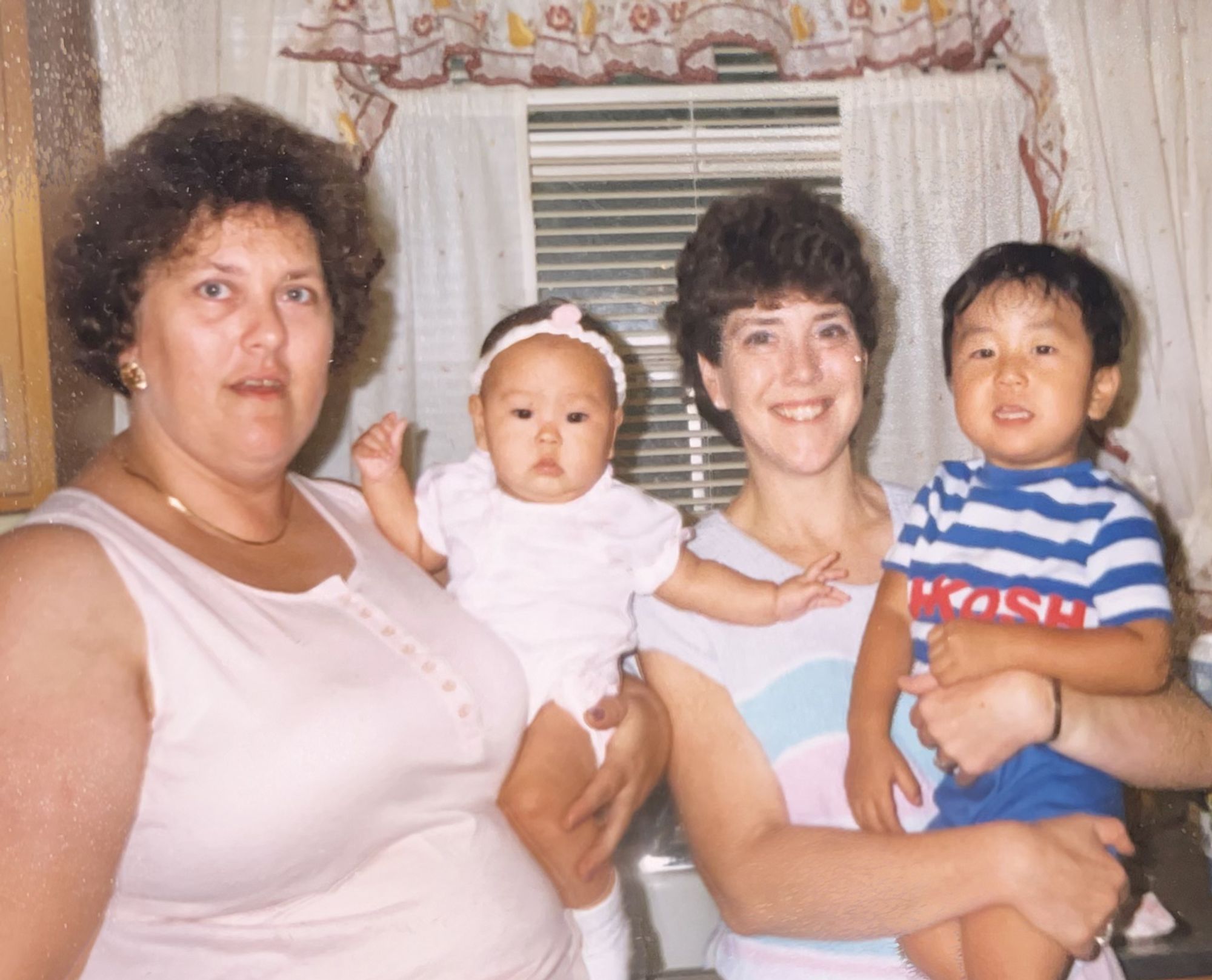
Craft
What is your craft? What medium do you work in?
I make video, I make sculpture, I make installation. I use a lot of different materials and processes. Usually, these decisions are directed by the initial idea. In the past, I’ve written a letter to the ATF (Bureau of Alcohol, Tobacco, Firearms, and Explosives) and created an audio book for a classified document…stuff like that. I enjoy trying to figure the work out inside my head before moving forward—I’ve never been a sketchbook kind of person.
I'm interested in the downstream impacts of the global war on terrorism and how they've affected culture, society, politics and thinking in a less kinetic way. So I'm not thinking about maybe the actual battle or the warfare that's happening overseas. I'm more interested in how it changes the country and the people in the U.S.
If I were to describe my craft, I would say it revolves around looking. Like other extremely online people, I take in a lot of content, mainly in the form of user comments and images (I’m addicted to the comment section). This is the material and my job is to notice it, pick it out, and re-present it. Sometimes this involves creating an original work based on something I saw online, other times it’s more like “right click, save as.”
Because I’m interested in the downstream effects of war, I don’t necessarily need to imagine. I want to draw out and highlight what’s already there.
As a veteran, I could imagine you are your own subject sometimes.
I try to keep a distance from that. I try not to bring myself into the work and sort of just, you know, it's coming from me, so it's there.
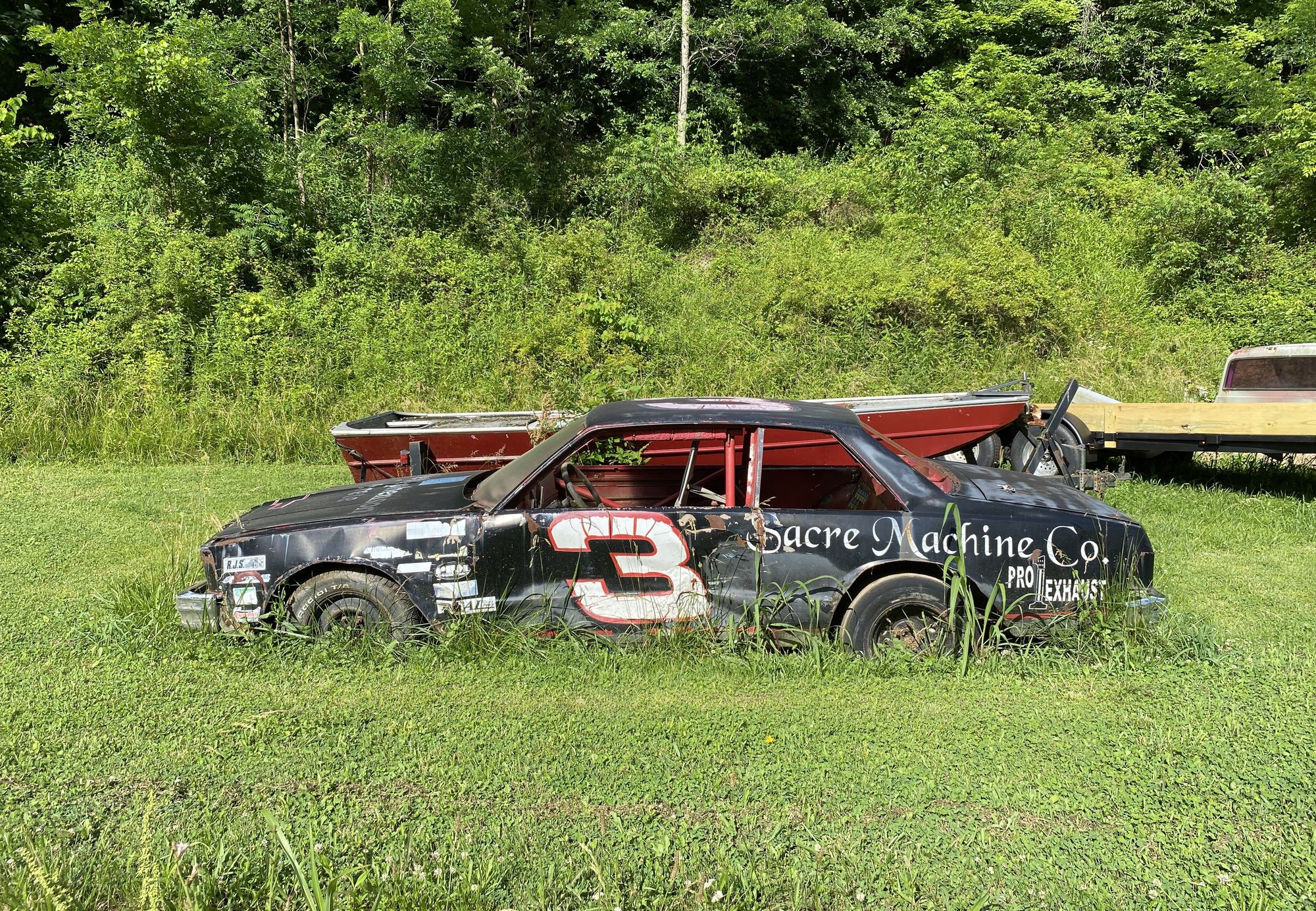
Lifestyle
Tell us about your daily rituals.
I mean, daily hygiene? That is the bare minimum. I’m also a neat freak so lots of vacuuming. I keep the dojo clean.
We too are part of the Church of Dyson.
Nothing comes to mind besides the unhealthy amount of time I spend cleaning and organizing the same spaces. The only other thing I do on a daily basis is surf around the web to check the news and read what people are saying.
I think being in the military, where things could feel so regimented, has made me averse to the concept. When I think about the term itself [daily ritual] I unfairly associate it with a predatory self-help market. So while I don’t view myself or my actions through that lens, I do go on walks regularly, and lately, I’ve been bringing a small thermal monocular along with me. I’m also a habitual note taker and can’t see myself giving up a physical planner…there’s just something about writing things down and crossing them out.
Meaning
What is your favorite culture war battle ground?
I’m fascinated by the PC language battle because it seems like the arena where the most prominent gains and losses occur, and also where people will say one thing in public and another thing in private. But my favorite battle ground involves one of America’s biggest shared rituals, coffee.
In 2013, the CEO of Starbucks put out an open letter stating that customers could no longer carry firearms inside the store. This led to a boycott which coincided with the rise of (2A friendly) Black Rifle Coffee. Fast-forward to 2020, Black Rifle Coffee denounces Kyle Rittenhouse after he’s pictured wearing a BRC shirt. Outrage follows, the internet begins digging into CEO Evan Hafer’s past and discovers that he made donations to Obama and ACTBLUE. Enter Stocking Mill Coffee, an even more conservative Pro 2nd Amendment coffee company that enters the controversy via Twitter and capitalizes off the cancellation of BRC.
These purity tests are becoming increasingly strict and infighting is tradition for both the Left and Right, but we’re starting to see the negative end results in the form of extremism and inefficacy.
The gun issue used to be a wedge issue that divides Democrats and Republicans in the past. It's become a lot more complex and complicated over the past four or five years, I think. And I think that is intentionally being unacknowledged by the media. You see a few articles now talking about the surge of people of color and women buying guns.
Do you own guns?
Yes.
Why?
I wouldn’t take this too seriously, but I have them as a hobby, because they are enjoyable. And while it may not seem like it, I think most people would tell you they have them because they are toys. It is a hobby. And I can see how that answer is problematic, but it is probably the most honest one.
Growing up, I saw gun ownership as benign – everyone had one, like a hammer or screwdriver. There weren’t as many gun issues growing up. But as I began researching it, I started to uncover a darker side of gun culture and what it's all about for some people.
Does it frighten you?
It doesn’t frighten me. When you understand something, you’re less scared of it. Racism is something created, not something innate to a person. That helps to surmount it…to not be afraid of something that can be objectively frightening.
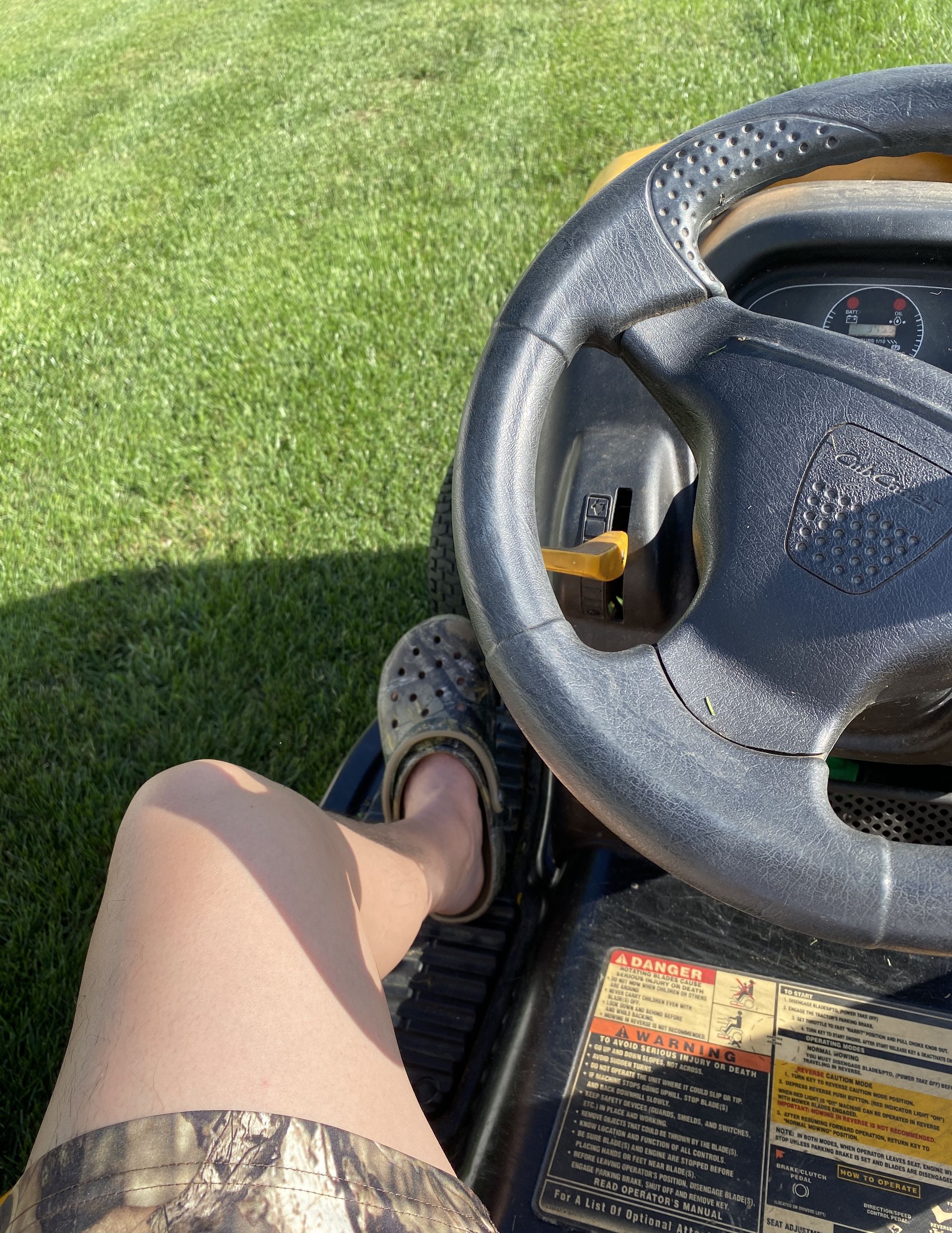
Knowing
Is there something you know that you wish everyone knew?
There is a real desire for a kinetic civil war amongst a sizable portion of alienated young men across the political spectrum. The U.S. is in a state of economic and narrative decline, there’s no longer a compelling vision of the future. Gun sales are up…people are training in their living room. All the ingredients are present. Where does this energy go?
One aspect of this desire is how unextraordinary it feels. War is spoken about so casually and viewed as inevitable, as if there’s no alternative…no hope. I think it ties back into the first question about having a calling. I may have lied because I’ve been drawn to war and understand there’s some kind of “natural” appeal. I’ve experienced it myself and I’ve heard it slip from other soldier’s mouths. People are ready to commit violence on behalf of their beliefs…driven by some sense of purpose.
I don’t want to minimize the real world effects of extremist violence, but at its core is something much less frightening and relatable—ultimately, these dudes just want to ride horses on open plains.
America
What is an American dream? What is an American nightmare? Is there an American dream?
“It’s 2030. Your investments paid off. Your log cabin is built. And your guns are safe.”
…Kidding, but not far off. I’m practically a boomer so the “American Dream” is still a house with a white picket fence but no kids because I’m actually a millennial. And that house exists in the default Windows XP Bliss background.
For me, these symbols represent a pre-9/11 world where it was easy to dream about a utopia ushered in by the internet, and upward mobility was all but guaranteed. I’m not sure if my version points towards a lack of imagination or if a better world seems so impossible. I still think there’s an American Dream, it’s just become much more divergent and exclusive. It’s what the white picket fence represents…it’s aspirational, it’s the ability to dream…the promise of a better life than that of your parents. The window just keeps getting smaller.
The American nightmare is much easier to imagine. It’s the ability to have an American dream that is getting smaller. A lot of people are living their American nightmare. They feel they cannot transcend or ascend their current situation and will always be at the whims of their environment and their outside forces. I think that's maybe more a sort of male thing. I think women probably understand that sort of feeling, maybe more, so now that more men are feeling that way it could be one of the reasons why so many are sort of lashing out against the system as they see it.
Numerous warnings in the form of literature seem to have been mistaken for how-to manuals. We’re living through the synthesis of so many dystopian fictions—born near the tail end of a real life game of Monopoly. And yet, my life is relatively good. This is an impressive contradiction where both things seem to be true….very Machiavellian. The perpetuation of the status quo is one version of the American nightmare, where resiliency is exploited and living in limbo feels like a privilege.
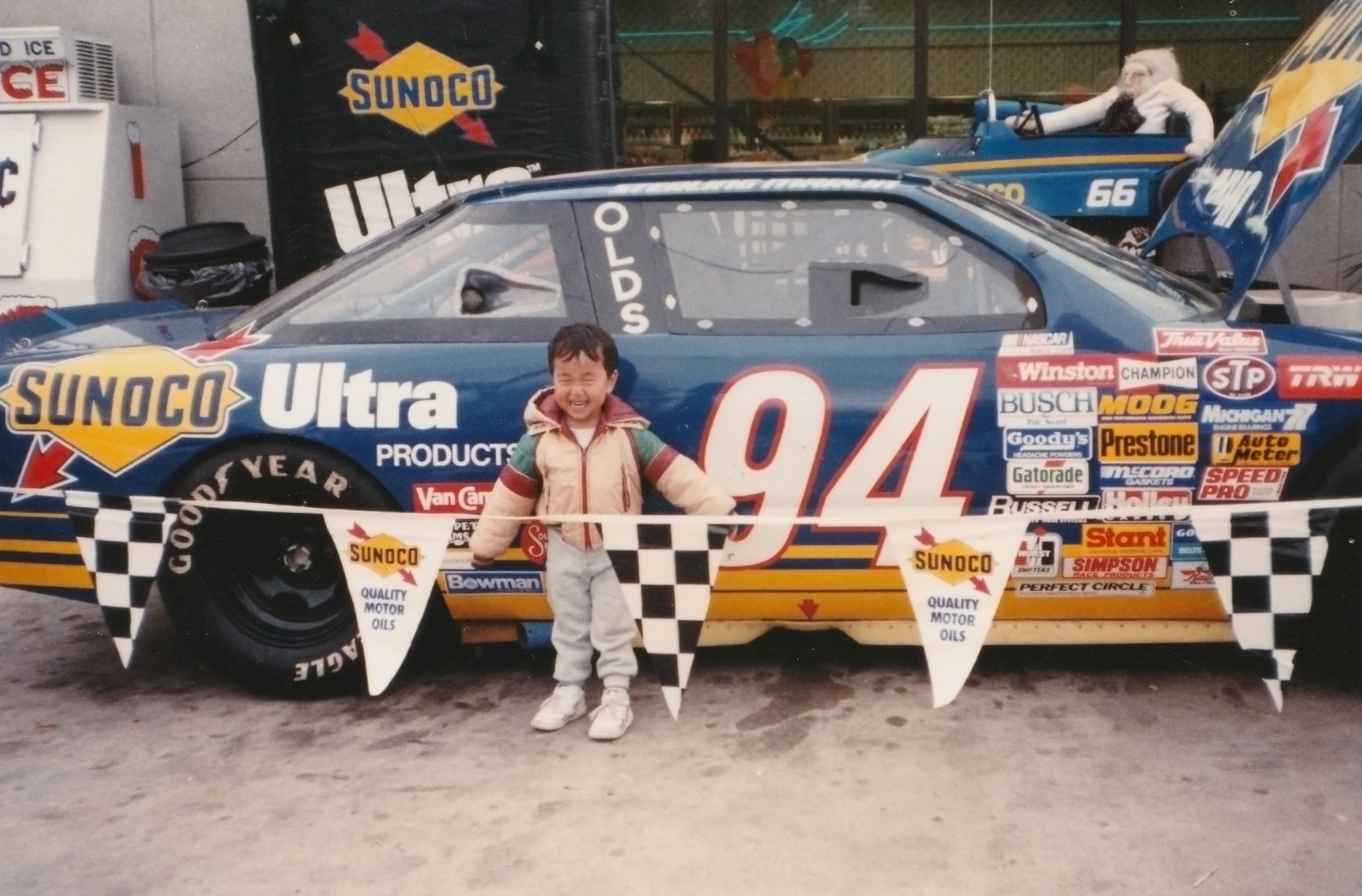
Your People
Who are your people?
I’m a Korean adoptee who grew up in one of the least diverse states. I’ve been the only non-white kid in my school (and possibly a 30 mile radius) and Chinatown was something you only saw in movies. So, naturally I assimilated without even thinking about it, and I’ve continued to do so throughout my life.
After graduating high school, I began moving around the country, going to school, coming back home, joining the army, going back to school. Living my life in chapters, I’ve never been rooted in one place, and the relationships I’ve made with people were short lived. I have a very supportive family, which I consider my home base, but my people have always been the ones who are with me in the moment.
But I’m also an "extremely online" person and I can relate to them. It’s like knowing you're in a bubble… it is something I've had to contend with. Like, I basically have a split personality, my online persona and then my IRL persona. They are different.
Extremely online people have a community, a sort of headquarters online of other people like them. I think about it as a kind of chronic web surfer. You travel to different worlds. Each link is a new world. This digest of media is so expansive. But at the same time, it doesn’t feel like what is happening in reality, like the person on the street does not have any clue of this discourse that is happening. It feels like two separate worlds to me. But at the same time, online life is taking up more of people's time, and they can begin to merge. It can be a net negative.
Do you want the John Perry Barlow vision of the Internet? The Utopia? Or the Dystopia?
I kind of want the dystopia. It’s where you can see contradictions in life play out. And it seems like the only way out is through. I am not an accelerationist, but you can’t ask people to wait anymore. We want some real systemic change.
What do you want in the next era of America?
What I want feels fantastical, maybe impossible. Maybe I'm contradicting myself and I want a type of tech utopia, this sort of “fully automated luxury sort-of-communist vision of the world.” [laughs] Maybe we aren’t far off from it theoretically, we have the tech and economic structures built in...look at Amazon. But simply put, I hope for a kinder, more communal world. One that is less alienated.